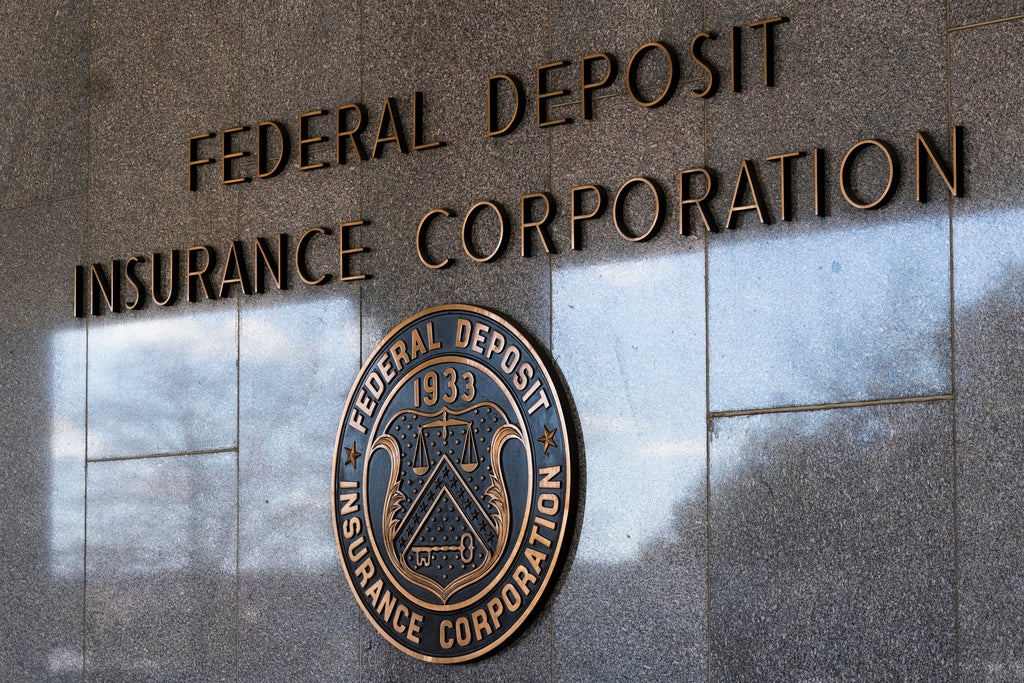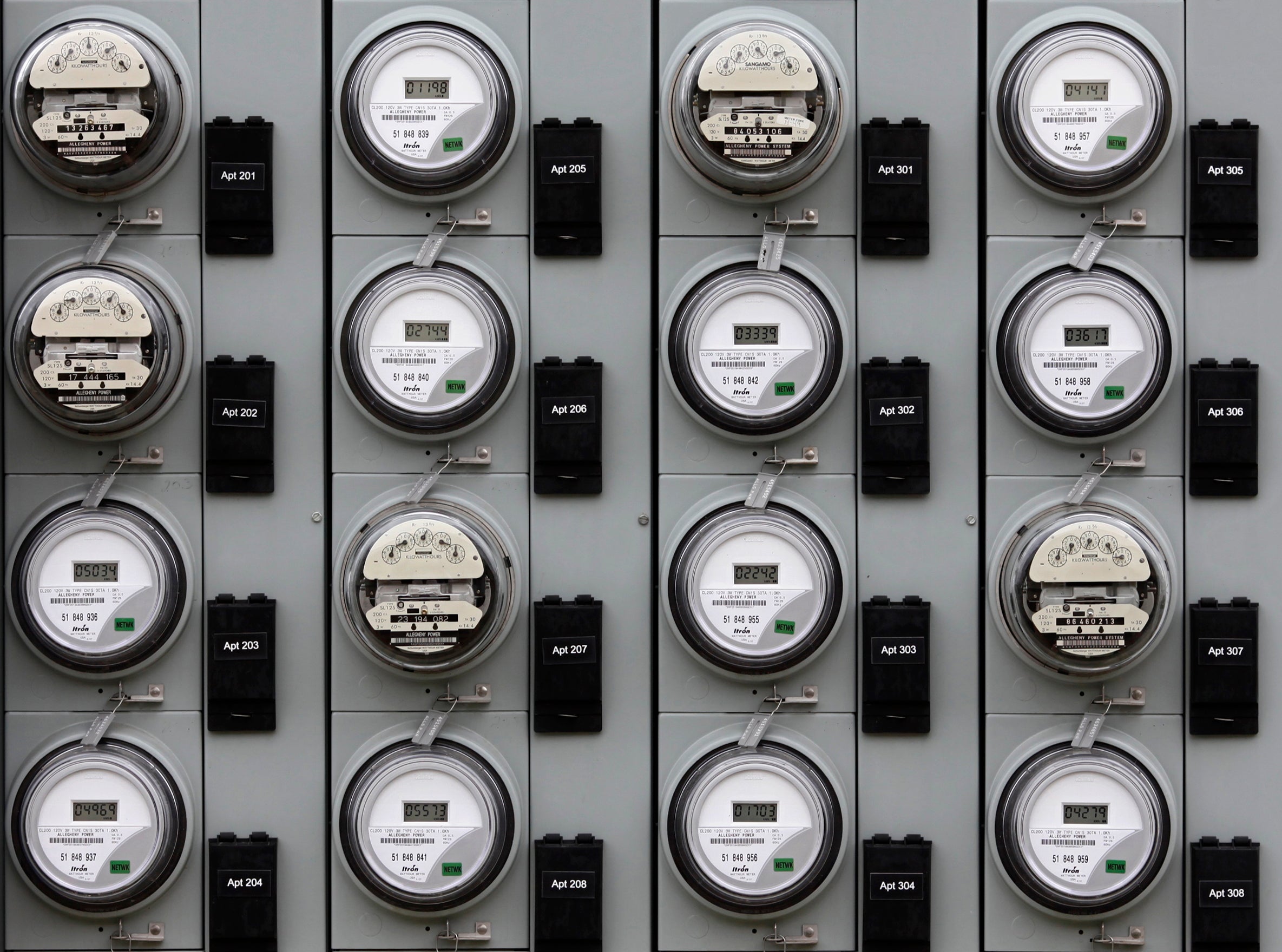Wisconsin banking officials are reassuring customers after two large bank failures in California and New York have stirred anxiety.
Those banks primarily served the tech industry. Silicon Valley Bank in California failed last Friday, followed by Signature Bank in New York Sunday.
Many of Silicon Valley Bank’s customers needed more cash over the last year, which caused the bank to sell U.S. Treasury bonds at a loss. The bank’s precarious situation caused depositors to rush to the bank to withdraw funds, 90 percent of which were not federally insured because they exceeded $250,000.
Stay informed on the latest news
Sign up for WPR’s email newsletter.
The federal government stepped in to ensure depositors do not lose money even if their funds weren’t federally insured.
Despite elevated fears after back to back bank failures, Wisconsin banking officials say the state’s banks are on sound financial footing because they have a more diverse customer base and safer portfolios than the tech banks.
“Wisconsin banks are safe, sound and very resilient,” said Daryll Lund, executive vice president of the Wisconsin Bankers Association.
Michael Daniels, chief executive for Green Bay-based Nicolet Bank, said the state’s banking system is a reflection of the communities in which banks operate.
“They’re not a global venture capital player like Silicon Valley was, where the money’s coming from hedge funds, venture capital funds and the startups,” he said.
Rather, Wisconsin banks are reliant on funds from regular consumers and businesses in the communities they serve, Daniels said.
He said the four main sectors Wisconsin banks do business with are agriculture, wood/paper, manufacturing and travel/leisure.
While the two major coastal banks scrambled in response to difficulties facing the tech sector, it would take multiple industries folding at once to cause a similar problem for Wisconsin’s banking system, Lund said.
“Overall, that diversification helps the banks to weather those peaks and valleys if there are economic cycles,” he said.
In addition, Lund said a majority of the money in Wisconsin banks is federally insured, whereas a majority of Silicon Valley Bank’s deposits were not insured by the Federal Deposit Insurance Corporation, or FDIC.
“If somebody’s got $250,000 or more in a bank, they can do multiple accounts on that,” he said. “But the vast majority of Wisconsin people have probably less than $250,000 in the bank.”
Roberto Robatto is an associate professor of finance at the University of Wisconsin-Madison. He said the Silicon Valley Bank’s collapse is the result of two failures of the regulatory framework and serves as a warning sign for industry.
The first failure, he said, is framing U.S. Treasury bonds as risk-free. Robatto said those bonds are free of default risk, but face interest rate risk. That means when interest rates increase, as they have over the last year, the bonds lose value if they’re cashed out early.
“This interest rate risk is something that banks are supposed to be careful about, and they manage that, but the type of interest rate risk that Silicon Valley Bank took was very high,” he said.
Robatto said the second failure is that Silicon Valley Bank was not considered a “big bank” by the federal government, as big banks face more regulatory scrutiny.
“Banks lobbied to get exemptions and to increase the threshold of which regulators basically define what a big bank is,” he said.
Robatto added that all banks should be worried about interest rate impacts on their U.S. Treasury Bonds.
“Some banks might be more exposed than others to the losses on the long term Treasury securities, and Silicon Valley Bank was one of them,” he said.
Lund said state and federal regulators examine Wisconsin banks’ portfolios to ensure they are avoiding risk.
“When they come in for examinations, we’re going to be reviewing Wisconsin banks to make sure that they have adequate safeguards in place in the event of wide fluctuations in those interest rates that impact those investments,” he said.
He said those concerned about their deposits should talk to their local bank for more information regarding their specific situation.
Wisconsin Public Radio, © Copyright 2025, Board of Regents of the University of Wisconsin System and Wisconsin Educational Communications Board.


